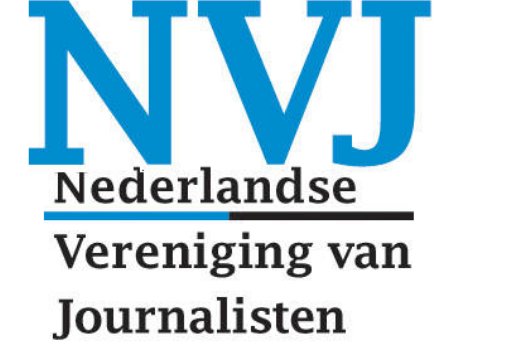From Canada to the Netherlands, freelancers seek community and solidarity
Freelancing is a solitary career. But increasingly, freelancers around the world are seeing the value of community. Unions like our own CMG Freelance here in Canada are attracting a growing number of freelance members. And in the Netherlands, union membership among media freelancers is growing even faster.
According to Jim Verhoef, almost half of the nearly 8000 members of Dutch media union NVJ (Nederlandse Vereniging van Journalisten), are freelance journalists. Verhoef, a staff representative for NVJ, is currently on a work/study visit to the Canadian Media Guild’s Toronto office. He took the time to speak with Story Board recently about freelance organizing in the Netherlands.
Freelancers join NVJ for a variety of reasons, said Verhoef. He estimated that about one third of the union’s freelance members are former full-time media workers who have been laid off over the past few years. The rest of NVJ’s freelance membership, he said, choose to freelance because they enjoy the entrepreneurial nature of this kind of work.
“As well as being a union, we are also a professional association, and a lot of freelancers feel that if they join our professional organization that it implicitly gives them a kind of professional mark on what they do,” he said.
The union also gives freelancers a sense of community, said Verhoef, and NVJ’s services are a draw, too.
“We have a few lawyers and legal professionals that help our freelance members for free. And a lot of freelancers have problems when it comes to not getting paid or copyright issues,” he said.
NVJ also offers its members professional development opportunities, running more than 100 courses a year on subjects ranging from innovation in the industry to reporting abroad to finding work in journalism. Members get a large discount on course fees, said Verhoef, meaning if a member takes a few classes per year, their membership dues have already paid off.
Freelance membership growing
Verhoef said freelancers are a rapidly growing part of the union, estimating that NVJ has gained almost 500 freelance members in the last five years. Dutch and Canadian freelancers face similar problems when it comes to fair pay rates, said Verhoef. But on one issue, Dutch freelancers have the law behind them.
As has been happening in Canada, Dutch publishers had started using over-reaching contracts that seized copyright from freelancers. But in 2015 the government stepped in and changed the country’s copyright laws.
“It became more in favour of the authors or the freelancer,” said Verhoef. “They said if a publisher wants to have the right to have the copyright they should, by law, give a fair amount of money to the author. This legal right of the author to receive a fair amount of money was totally new. There is also the bestseller provision that says that the author has to get an additional royalty each time the distribution of the product is higher than agreed up on in the contract. So that is a good development.”
 When it comes to building on the union’s momentum, Verhoef said that NVJ is working to attract more young journalists to the union.
When it comes to building on the union’s momentum, Verhoef said that NVJ is working to attract more young journalists to the union.
“The average age of our members has been getting older,” he said. “And because almost all young students or journalists that are out on the market are beginning as freelancers these days and we want to attract those young people to the union, to the professional organization, to get them in touch with what we do and also to listen to what they need.”
Different generations, said Verhoef, have different perspectives on the industry and on society itself – and such diversity benefits the union. To attract young members, NVJ has a board of young journalists that organizes four or five events per year specifically geared towards young people.
“We want to make them feel they are in a community of young journalists, that they are not on their own,” he said. “We do events about topics like diversity and inclusiveness in the industry because it’s also important that people from different backgrounds are feeling open and free to work as journalists.”
The union also holds an annual event called the Festival of Journalism, which offers young journalists opportunities for professional development and networking.
Verhoef has the sense that there’s a growing interest in unions among young Dutch people.
“What we see in the Netherlands is that a lot of young people see that collective action is good for society and that we can make change,” he said.
And it seems NVJ’s efforts to attract young journalists are paying off.
“In the last few years, we grew from around 800 members that are under the age of 30 to, now, almost 2000,” he said. “We have a lot of challenges yet to overcome, but we’ve taken the first step and the first step looks good.”




